
China is currently experiencing a significant surge in human metapneumovirus (HMPV) cases, raising concerns of a potential health crisis in the wake of the COVID-19 pandemic. Reports and social media posts reveal overcrowded hospitals and the circulation of multiple respiratory viruses, including HMPV, influenza A, Mycoplasma pneumoniae, and COVID-19. Here's what you need to know about HMPV and its impact.
What is HMPV, and Why is It Making Headlines in China?
Human metapneumovirus (HMPV) is a respiratory virus known to cause upper and lower respiratory infections. First identified in 2001, it affects individuals across all age groups. However, it is particularly severe for young children, older adults, and those with weakened immune systems, as noted by the U.S. Centers for Disease Control and Prevention (CDC). The current outbreak in China has brought this virus into the spotlight due to its rapid spread and the strain it is placing on healthcare facilities.
Symptoms of HMPV
The symptoms of HMPV are similar to those caused by the flu and other respiratory viruses, which can complicate diagnosis. Common symptoms include:
Cough
Fever
Nasal congestion
Shortness of breath
In severe cases, HMPV can lead to bronchitis or pneumonia, which are potentially life-threatening, especially for high-risk groups. The virus has an incubation period of 3-6 days, with the duration of symptoms varying based on the severity of the infection.
How HMPV Spreads
HMPV spreads through mechanisms typical of respiratory viruses, such as:
Respiratory secretions: Coughing and sneezing release droplets that can infect others.
Close personal contact: Touching or shaking hands with an infected person increases the risk of transmission.
Contaminated surfaces: Touching objects contaminated with the virus and then touching the mouth, nose, or eyes can lead to infection.
Who is Most at Risk?
Certain groups are more vulnerable to severe HMPV infections, including:
Young children, particularly those under five years old
Older adults, especially those with underlying health conditions
Individuals with weakened immune systems, such as those undergoing cancer treatment or living with chronic diseases
Preventative Measures and Response
To minimize the spread of HMPV, individuals should adopt preventive measures similar to those for other respiratory illnesses:
Regularly wash hands with soap and water.
Avoid close contact with sick individuals.
Disinfect commonly touched surfaces.
Wear masks in crowded or high-risk settings.
Healthcare authorities in China and globally are closely monitoring the outbreak, emphasizing the importance of vaccination campaigns for other respiratory illnesses, such as the flu, and promoting public awareness about HMPV symptoms and prevention.

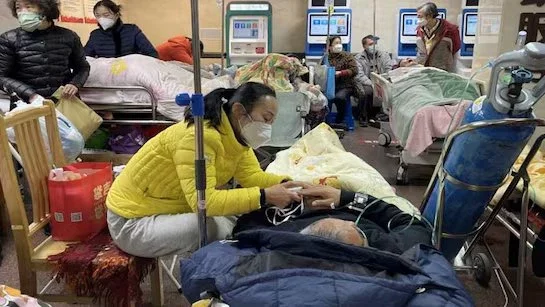
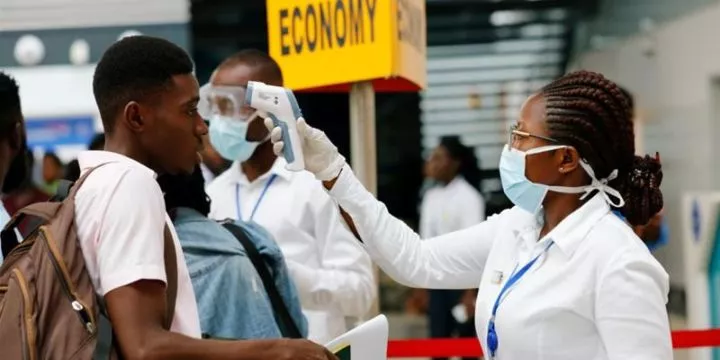

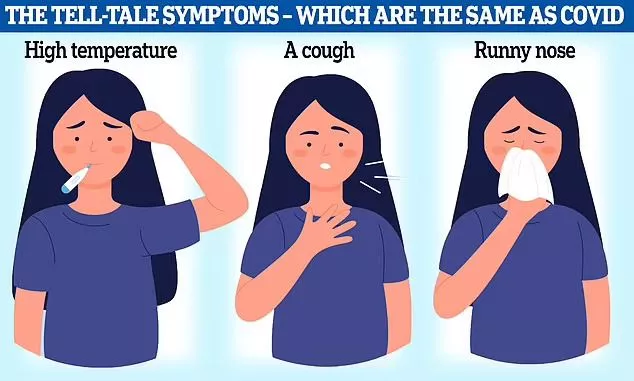
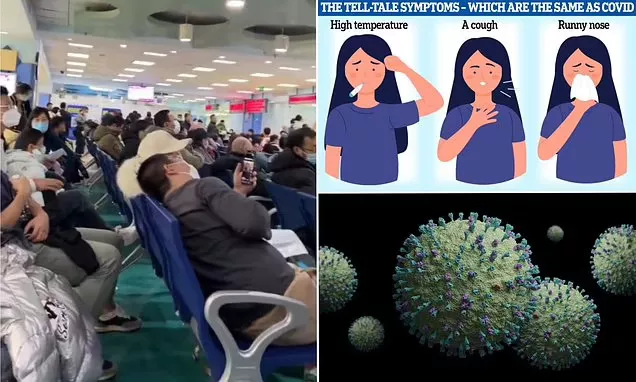
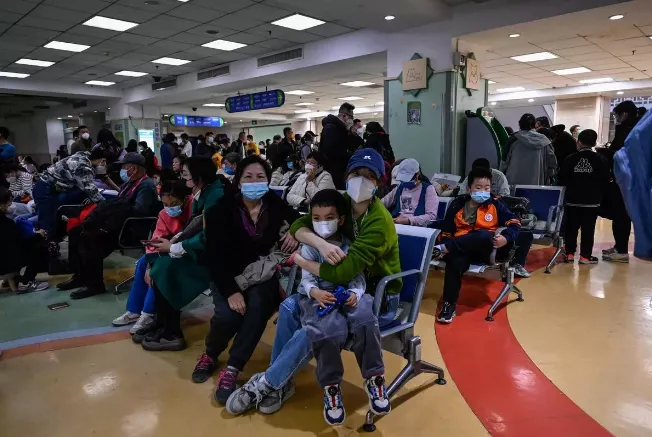









Comments